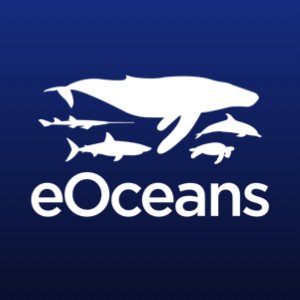What if I don’t know ocean species very well, can I still contribute?
Yes, for many reasons.
First, it’s your data — you will get better as you learn more.
Even experts typically only know a few species really well, and as soon as they move to another area they may have a harder time identifying species. The point is to do your best — look things up, familiarize yourself with local animals, learn what you can. Explore. And look things up again. You’ll get better and better. If you’re a tourist and you go to a new place every year, making it hard to improve, you can familiarize yourself beforehand, talk to locals and ask what they call different animals, and just try. With eOceans, your best data is all that is needed.
Second, it is best to be honest and err on the side of caution. If you think you saw a shark but it might have been a tuna, or something else, just record ‘unknown fish’ — then add your suspicions in a comment.
Finally, no one knows all species. Scientists know their suite of species really well, and maybe a few others. Local naturalists and nature guides tend to know a lot of local species, but may have troubles when they travel to new destinations. If you do your best, our analyses will handle the rest.
When Dr. Ward-Paige was starting her research, back in 2003, she ran a test of the ability of different people to identify sharks — asking shark scientists, fish scientists, and the general public to compare different photos of similar or same sharks and asking participants if they could tell the difference and name either species. Only one person got perfect — a third year university student who had never seen a shark in real life, but loved sharks.
